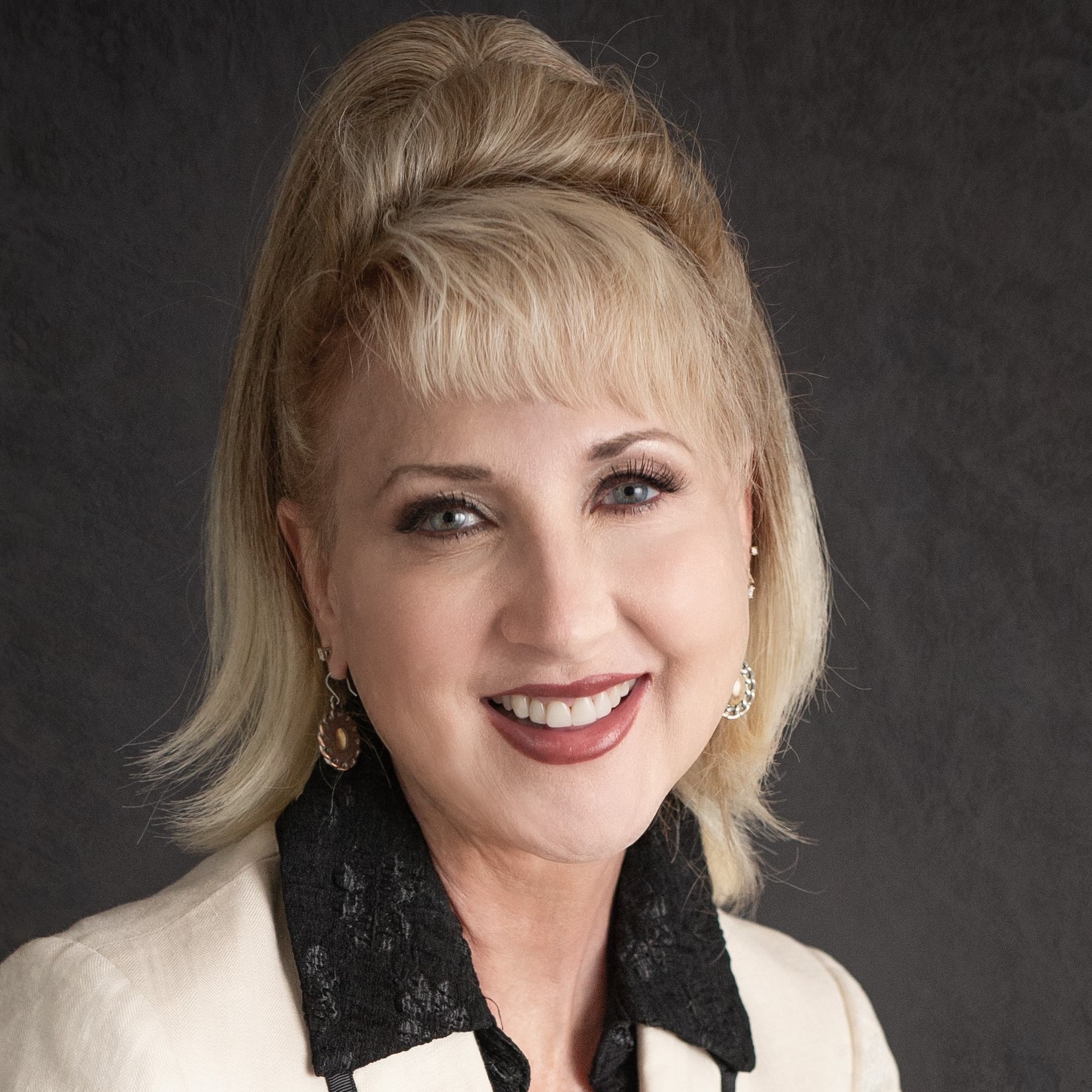Episodes

Monday Jul 08, 2024
Replay of "Helping the Ones You Love" (7-16-23)
Monday Jul 08, 2024
Monday Jul 08, 2024
For every person in the world diagnosed with an addiction or mental disorder, there is at least one other person trying to help someone in this condition. Families are deeply impacted, and these situations can be ripe for misunderstanding, misinformation, and stigma. Today Cinthia explores how to love well when a loved one struggles with a mental illness or addiction. She began at the beginning of Luke 10 and explored issues related to boundaries and codependency in several passages leading up to the parable of the Good Samaritan. She then looked directly at the parable and discussed what he did and did not do to help the wounded man, as well as whether he might have had to respond differently if he had been trying to help his own relative. Cinthia noted that the Good Samaritan offered simple help, not judging or lecturing, not becoming over-involved, but valuing the wounded man and helping him by giving what he could with appropriate expectations.
Sometimes humans complicate it when God asks us to help others. Cinthia encouraged self-reminders that kindness is free and can be given to anyone. Kindness is not validating inappropriate behavior or trying to teach someone how to change, though it can model a different lifestyle. Kindness does not mean assuming best-friend status and does not leave the recipient owing anything. It is simply kindness. Part of how we know whether we are practicing good boundaries is that we are able to give freely without unrealistic expectations; we do not gain identity from helping the person get better or become resentful if the person rejects or disappoints our efforts. Good boundaries help us not to take everything so personally.
If someone close to us struggles with an addiction or mental illness, we generally have two choices: We can interject ourselves into their situation or be simply a compassionate observer. A compassionate observer does not take responsibility for figuring out, fixing, teaching, reforming, etc. A compassionate observer can be aware of problematic behavior while acknowledging his/her own inability to comprehend all the internal and external factors involved. A compassionate observer can value another person regardless of his/her behavior but does not give past the point of being able to release expectations his or her own expectations for the results. A compassionate observer can accept that people’s lives are messy and that getting involved in the lives of human beings is a messy business. A compassionate observer can offer some help, particularly when it is requested, but must have good boundaries when doing so. Boundaries can be most easily understood as awareness of “where I end and you begin.” When we do not know where we end, we often become way too involved in the lives of others and end up hating or despising the people we were trying to help when all our attempts to help them change are frustrated or disappointed. People have problems that aren’t solved for lots of reasons, and we don’t always know all the reasons. Without appropriate expectations, we develop compassion fatigue, which leads to resentment.
We can easily overestimate our own ability to understand a given situation. Sometimes, as we watch a loved one struggle, we say to God, “You could fix this.” Cinthia reminds us to take a deep breath and remember Who God is. Remember the cross, the beatings, His entire creation turning against Him. God knows how humans can be, and He understands factors we cannot know. He knows what it is like to offer someone help, only to have that person reject it in favor of his/her own best ideas. He actually does know what is best for us and has the right to have plans for us (something we cannot say about ourselves regarding the people we are trying to help), and He still experiences our resistance and rejection of His offers. One question to consider in determining what you can give freely in a given situation is how educated you are regarding that situation. Do you have experience with the relevant issues? Do you have training? If you don’t, you might seek general education to help guide your attempts (Make sure to use reputable resources, such as the National Institute for Mental Health [NAMI] or the Mayo Clinic.), or you might simply collect names of professionals, etc., to whom you can refer the person when they want help. This can be helpful, but don’t try to be the resource or treatment professional. Be careful about ruling out options for the person. For example, sometimes Christians are nervous about the use of psychotropic medications and may even discourage loved ones from using them when prescribed. Psychiatrist Dr. Harnish notes that the devil uses various weapons to attack us and that, as such, it often makes sense to use a variety of weapons in response. He describes physical interventions such as medication, emotional ones such as counseling, and spiritual ones such as prayer and Scripture reading as different branches of the military. He encourages using each of these weapons as needed as a country might use different branches of its military to combat different tactics brought against it.
Humility is crucial when dealing with addictions and/or mental illness, whether we are the ones struggling or the ones loving someone else as they struggle. Just the person struggling must humble himself/herself to accept needed help, the person trying to help must humble himself/herself to accept that the loved one is free to reject his/her help and suggestions. Sometimes phrasing helps: “I have an idea, and I’m wondering if you’d be interested,” may be a helpful start. Telling the person all the ways he or she has failed or should have done things differently typically does not help. When making a suggestion, consider your timing. Remember that you are not the person’s parent (unless you are and that person is a child), lawyer, doctor, or boss; you are not God. You are a compassionate witness; see and offer help only within appropriate boundaries.
Remember not to define people by their disorders. Don’t walk on eggshells. Let them lead the way. Help when they ask for help unless such help is not helpful, and then say that you don’t feel comfortable doing that. Keep it simple. God honors weakness and really values honesty. Also, remember that most diagnoses have a continuum of severity. One person with Diagnosis A may experience it very differently than another person with the same diagnosis.
Make sure your own life is working. Tighten down your own self-care. This gives you strength to help the person when he or she wants help, as well as to love the person when he or she falls, and it models what good self-management can be like. Get sleep, rest, recreation, and support. Consider going to a supportive group such as NIMH, Alanon/Alateen, etc.; go to at least two meetings before you rule it out. Mental illness, addiction, and even recovery are all processes that are easy to “get lost in,” and this is as true for loved ones as for the person who struggles directly with the problem. Boundaries are hard to maintain in these situations, but they are crucial. Pray for the person, be a compassionate witness, and “do your side of the street.”

